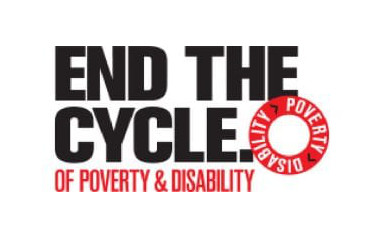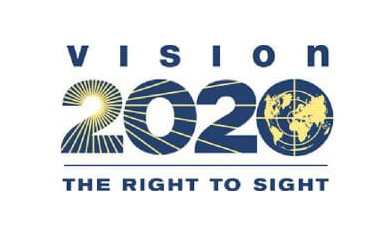People with disabilities in developing countries are among the poorest and most marginalised in the world. Too often, they are excluded and left behind.

But together, we can change this.
At CBM Australia, we stand for the one and for the one billion. We deliver programs that transform the lives of individual people with disabilities and advocate for systemic change for the one billion people with disabilities globally.
Our advocacy is grounded in the priorities of the disability movement. It is informed by evidence from our field programs, and insights from our Inclusion Advisory Group, who work in partnership with people with disabilities and their representative organisations.
Together with supporters like you, we call on the Australian Government to ensure their international development programs break down barriers and move towards equality for people with disabilities.















